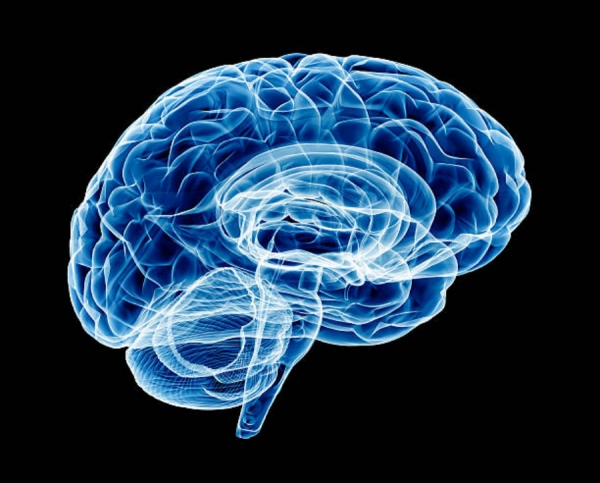Linguists conduct formal studies of speech sounds, grammatical structures, and meaning across all the world’s over 6,000 languages. They also investigate the history of and changes within language families and how language is acquired when we are infants. Linguists examine the relationship between written and spoken language as well as the underlying neural structures that enable us to use language.
Clearly, many of the questions linguists pose overlap with fields in the life sciences, social sciences, and humanities, thus making linguistics a multidisciplinary field. As a multidisciplinary field, Linguistics attempts to understand how language is stored in the human mind/brain and how it is part of everyday human behaviour through its sister fields of neuroscience, philosophy, psychology, anthropology, sociology, and computer science.
It is important to note that the term “linguist” may cause some confusion because it is known to be used differently in non-academic domains. Sometimes language experts are referred to as linguists, but those individuals do not necessarily conduct the same kind of scientific research on language as carried out by those with advanced degrees in linguistics. “Polyglot” is the term used for a person who has knowledge of multiple languages. And although it is possible for a person to be both a linguist and a polyglot, it is just as possible that a linguist speaks only one language.








